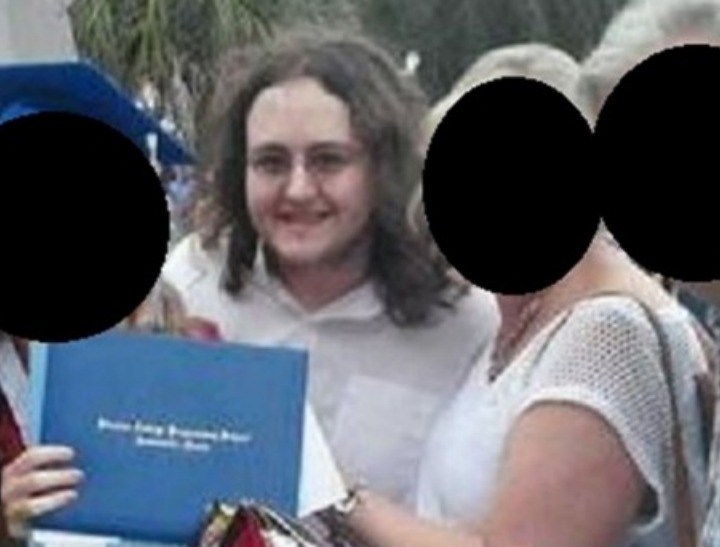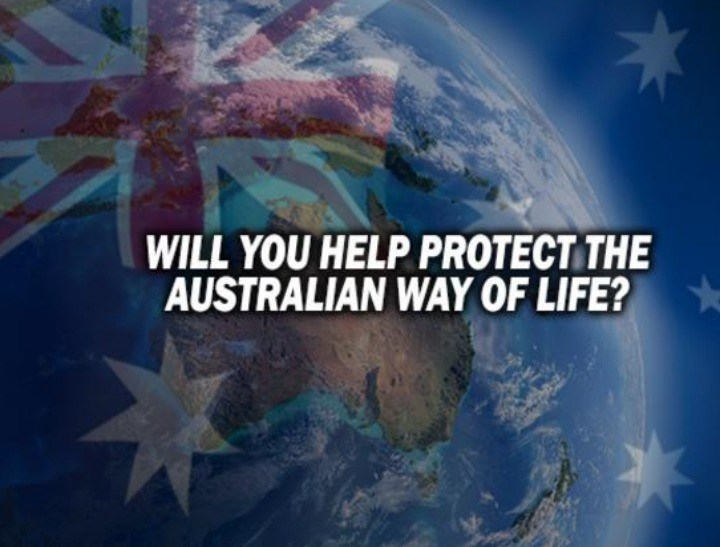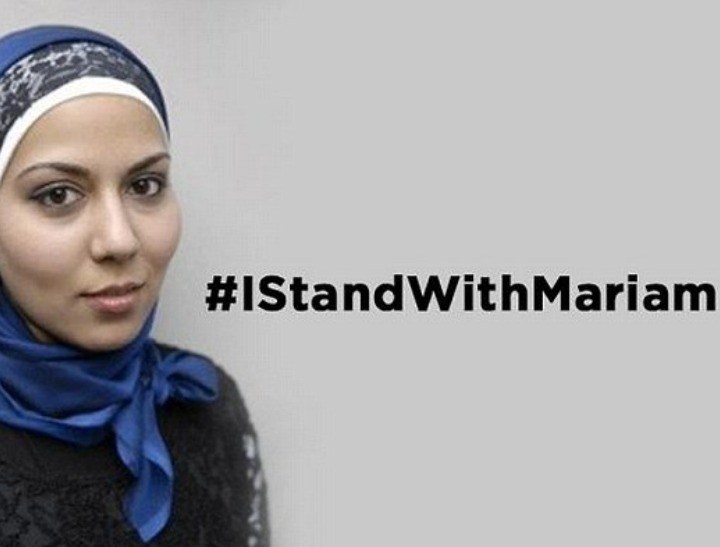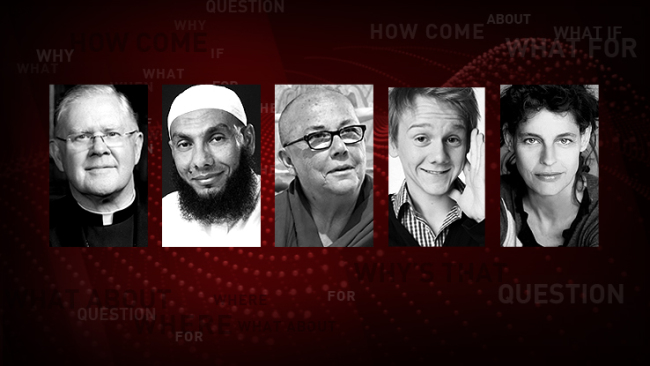You don’t need to see a psychologist. Just pray.” A well meaning and otherwise caring individual said these words to me. At a time when I was very clearly struggling with my mental health, this was a painful reminder of how so many people from culturally and linguistically diverse (CALD) and faith communities are widely misguided and uninformed when it comes to mental health and well being. This deep lack of awareness severely hinders treatment and early diagnosis, which results in victims suffering in silence.
As has undoubtedly become the case for so many contemporary issues we face, people are told to simply “pray it away”. Whilst I do not seek to even remotely dismiss the role faith plays in helping people from all walks of life, myself included, to cope with whatever life throws their way, spiritualising one’s mental health issues can have grave and dangerous consequences.

There was a time when I was relatively ignorant about mental health issues. I knew very little. I had never set foot in a psychologist’s office, nor did I think I would ever have to. Little did I know that my life would soon be changed and I would become intimately familiar with the comfortable lounges, jugs of water and tissue boxes that seem to grace psychologists’ offices.
RELATED ARTICLE
In early 2015, I became the victim of a vicious cyber bullying campaign that reached epic, international proportions, remnants of which are still present today. At the peak of my struggles in early 2015 I was experiencing nausea, dizziness and episodes of vertigo. A colleague once had to escort me to my chair at work because she’d seen me walk into a filing cabinet only moments before. I couldn’t walk down steps without risk of hurting myself. I didn’t want to see anyone or speak to anyone. I wanted to be alone all the time and when I was alone, I wanted to escape my thoughts. No state of solitude was ever satisfying. I felt a hollow emptiness and sheer, unrelenting pain. It lasted initially for six weeks. Six, painful weeks when I couldn’t figure out what was wrong with me.
In that time I went to five different doctors, including an otolaryngologist (head and neck specialist) and a neurologist. I had my ears tested, my heart tested and my brain function tested and in the end – it seemed the cause of my physical illnesses was anxiety. I vividly remember the palpable relief I felt and an almost instant easing of my physical conditions when I finally managed to speak to a psychologist. At the time it seemed odd to me, that my physical conditions were manifestations of anxiety and depression.
Since that period, anxiety and at times, depression has become like a distant relative who insists on visiting at the most inconvenient times and always over stays their welcome.
While I’ve received incredible unconditional support from my loved ones each and every time, there’s no denying that there is still a huge culture of silence that surrounds this issue.
The unfortunate stigma associated with mental health issues is particularly prevalent amongst CALD and faith communities who may view it through a lens of stigma and shame. Some even consider those who struggle with their mental health as an indictment and so routinely dismiss it as a “lack of faith”.
It is perhaps therefore unsurprising that the data very clearly demonstrates that people from CALD backgrounds do not seek out voluntary mental health services compared with those from non-CALD backgrounds. They are, however, disproportionately over-represented among those who are treated for mental health issues on an involuntarily basis. It seems they are less likely to seek treatment unless until they are in a desperate state, and so they are metaphorically dragged to the table kicking and screaming; even then, they will go to great lengths to keep it all private to supposedly “protect their family’s honour”.
As I’ve said to so many over the years, we turn to a medical professional to help us when we have a physical condition. We don’t simply just pray for a cure, so by the same logic, why are we so hesitant to seek help from a professional when we are presented with a mental condition? While spiritual healing can certainly support recovery, it cannot and must not be seen as an alternative to seeking professional help.
ortunately, there are a growing number of advocates who are speaking out and working tirelessly behind the scenes to disseminate knowledge about and further develop culturally appropriate services to cater for CALD and faith communities.
And in the poignant words of the talented poet and Mental Health advocate, Hawraa Kash “I am a trigger warning walking, with an uncertain heart beat, chanting that it’s ok not to be ok.” It certainly is, ok not to be ok but don’t do it alone. Don’t suffer in silence. Have faith that professional and culturally appropriate support is available to you to help you overcome the most challenging of mental health conditions.
Mental health support services:
Black Dog Institute
Lifeline – 13 11 14
Carers Australia 1800 242 636 – Short-term counselling and emotional and psychological support services for carers and their families in each state and territory.
Headspace 1800 650 890 – a free online and telephone service that supports young people aged between 12 and 25 and their families going through a tough time.
Kids Helpline 1800 55 1800 – A free, private and confidential, telephone and online counselling service specifically for young people aged between 5 and 25.
Mindspot Clinic 1800 61 44 34 – An online and telephone clinic providing free assessment and treatment services for Australian adults with anxiety or depression.
National Aboriginal Community Controlled Health Organisation (NACCHO)
QLife 1800 184 527 – QLife is Australia’s first nationally-oriented counselling and referral service for LGBTI people.
Relationships Australia 1300 364 277- A provider of relationship support services for individuals, families and communities.
SANE Australia 1800 18 7263 – Information about mental illness, treatments, where to go for support and help carers.
Support after Suicide
Source: Beyond Blue



 Bigoted, Neo-Nazi and white supremacists groups have been trolling Mariam – on and off – for years.
Bigoted, Neo-Nazi and white supremacists groups have been trolling Mariam – on and off – for years.
 After a lengthy police investigation, she was charged for using a ‘carriage service to menace, harass or cause offence’. She was sentenced in May to 180 hours community service. The sentence was considered to be groundbreaking. I have since lodged a compliant via the Australian Human Rights Commission, which is currently on foot, and have considered other legal options.
After a lengthy police investigation, she was charged for using a ‘carriage service to menace, harass or cause offence’. She was sentenced in May to 180 hours community service. The sentence was considered to be groundbreaking. I have since lodged a compliant via the Australian Human Rights Commission, which is currently on foot, and have considered other legal options.

 The Police took out an AVO against her and she recently charged with using a carriage service to harass, menace and cause offence and also fined $1000. At the time, I had broken the story to a trusted journalist but I had insisted that the identify of the offender be not disclosed.
The Police took out an AVO against her and she recently charged with using a carriage service to harass, menace and cause offence and also fined $1000. At the time, I had broken the story to a trusted journalist but I had insisted that the identify of the offender be not disclosed.
